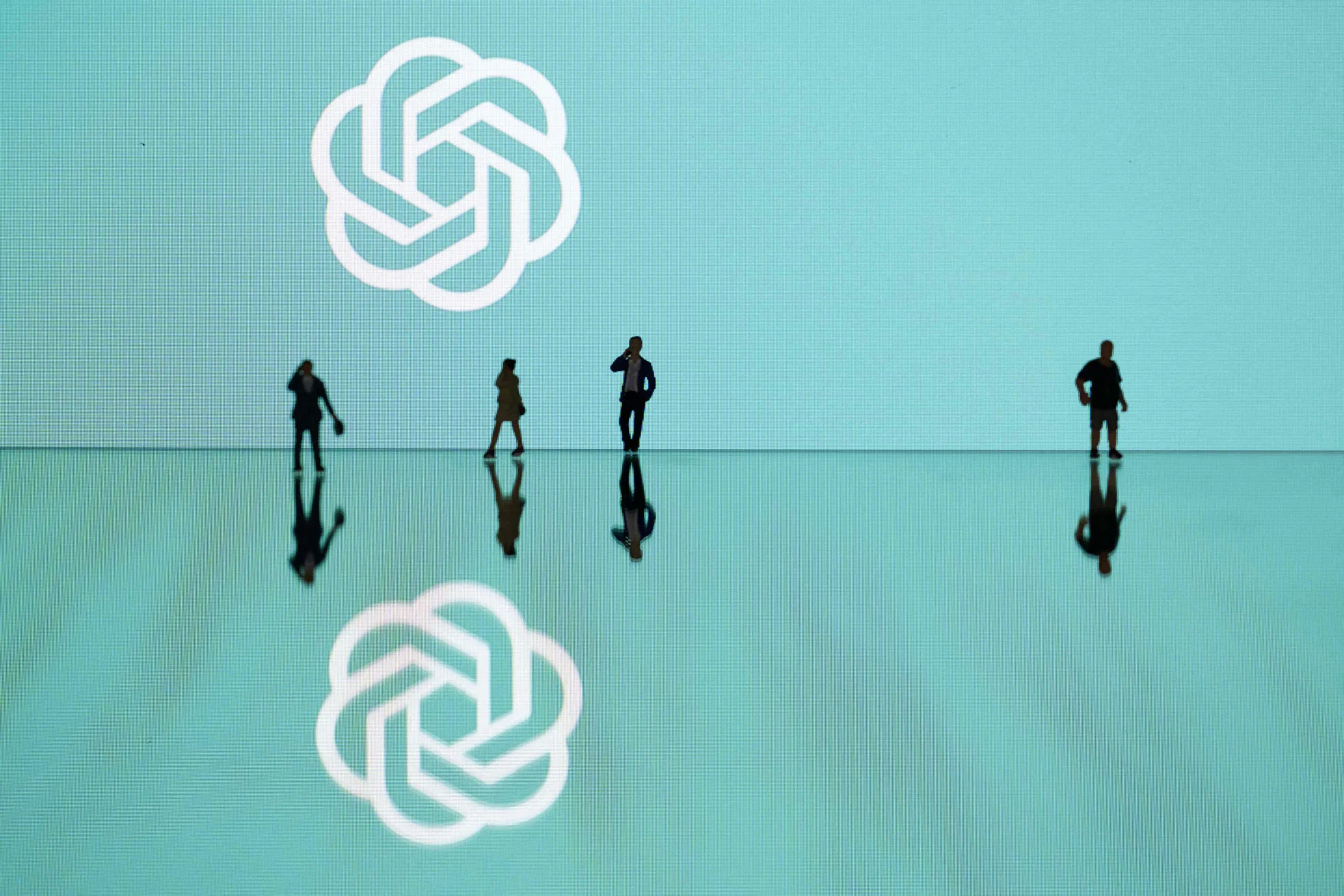
ChatGPT Sends Millions to Verified Election News, Blocks 250,000 Deepfake Attempts
AI
Zaker Adham
09 November 2024
15 July 2024
|
Zaker Adham
Summary
Summary
The tale of Talos, an ancient robot described by Greek poet Hesiod in the 8th century B.C.E., marks the beginning of humanity's fascination with artificial consciousness.
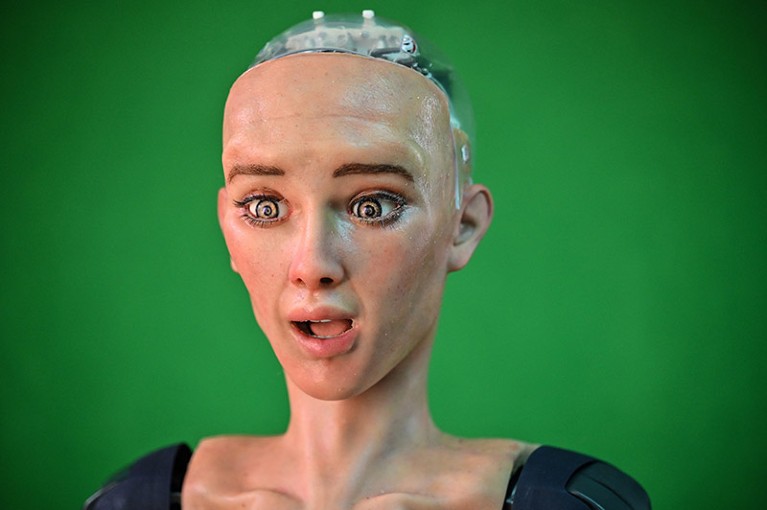
Talos, created by the godly blacksmith Hephaestus and infused with divine ichor, was the first artificial lifeform described in literature. Today, companies like Microsoft, OpenAI, and Anthropic are creating their own artificial beings, fueled by human creativity and vast amounts of data.
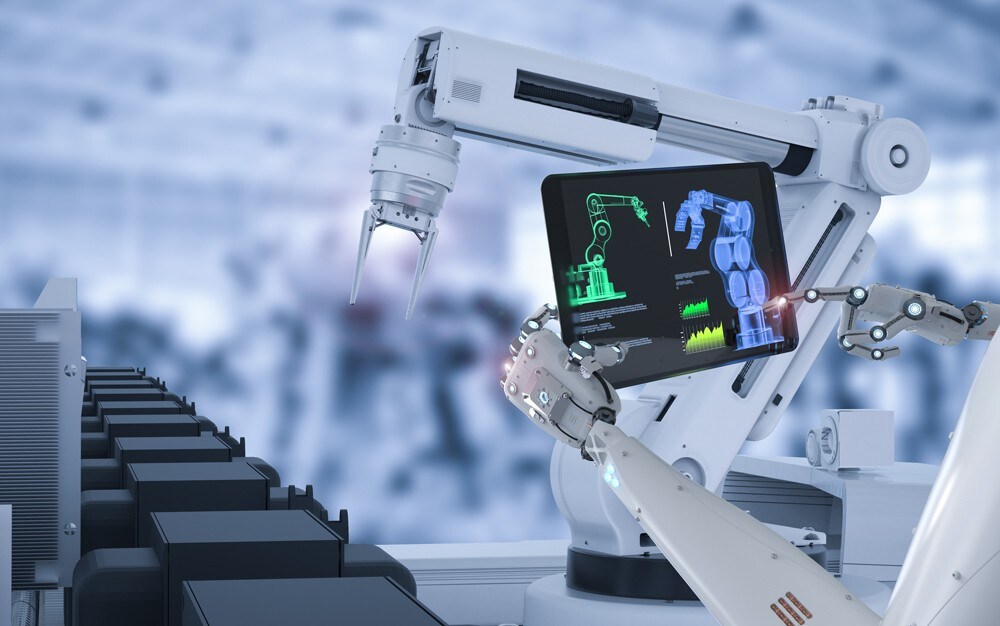
Oxford philosopher Nick Bostrom, Ph.D., has spent over a decade considering the potential futures of a human-AI hybrid consciousness. He believes that such a merger is likely inevitable, posing a significant question: Will it lead to a technological utopia or a dystopian nightmare?
“It would be sad to me if, in a million years, we still have the current version of humanity. At some point, you may want to upgrade, and you can imagine uploading or biologically enhancing yourself in various ways,” Bostrom states.
However, this "upgrade" could have serious consequences, potentially leading to apocalyptic futures, as Bostrom explored in his 2014 book, Superintelligence. In his latest book, Deep Utopia, he argues that a hybrid existence could create a "solved world," free from everyday drudgery.
The question remains: Will AI ever become truly conscious?
Defining consciousness is complex and has been debated for centuries. Alan Turing’s test measured a system's intelligence based on its ability to mimic human conversation. However, more advanced theories like Global Workspace Theory and Integrated Information Theory suggest that consciousness is a gradual and complex process.
“We don’t have clear criteria for what makes a computational system conscious,” Bostrom explains. “It’s not a ridiculous idea that some forms of consciousness could emerge from AI systems.”
Until recently, AI programmers focused on technical challenges rather than philosophical questions. But now, engineers from Google and OpenAI are questioning whether AI programs like ChatGPT and Google's Gemini might be developing some form of consciousness.
Oxford’s Marcus du Sautoy, Ph.D., has explored the idea that AI could be creative. He argues that both the brain and AI algorithms operate through mathematical processes. If digital minds gain even rudimentary consciousness, they might deserve legal and moral considerations.
Books and films have depicted various outcomes of digital consciousness, from dystopian to utopian. In 2017, OpenAI CEO Sam Altman described a peaceful coexistence with AI as "The Merge." Billionaires like Elon Musk have invested in technologies like Neuralink to physically connect human brains with AI, aiming to help those with neurological conditions.
As we approach this potential merger, the future of humanity and AI remains uncertain. Will it be a harmonious integration or a catastrophic clash?

AI
Zaker Adham
09 November 2024
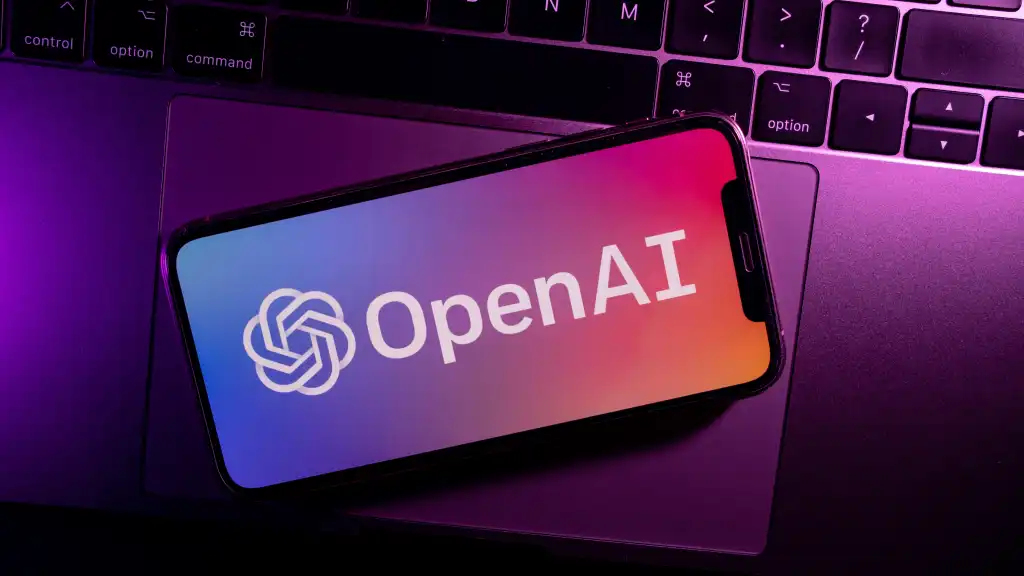
AI
Zaker Adham
09 November 2024
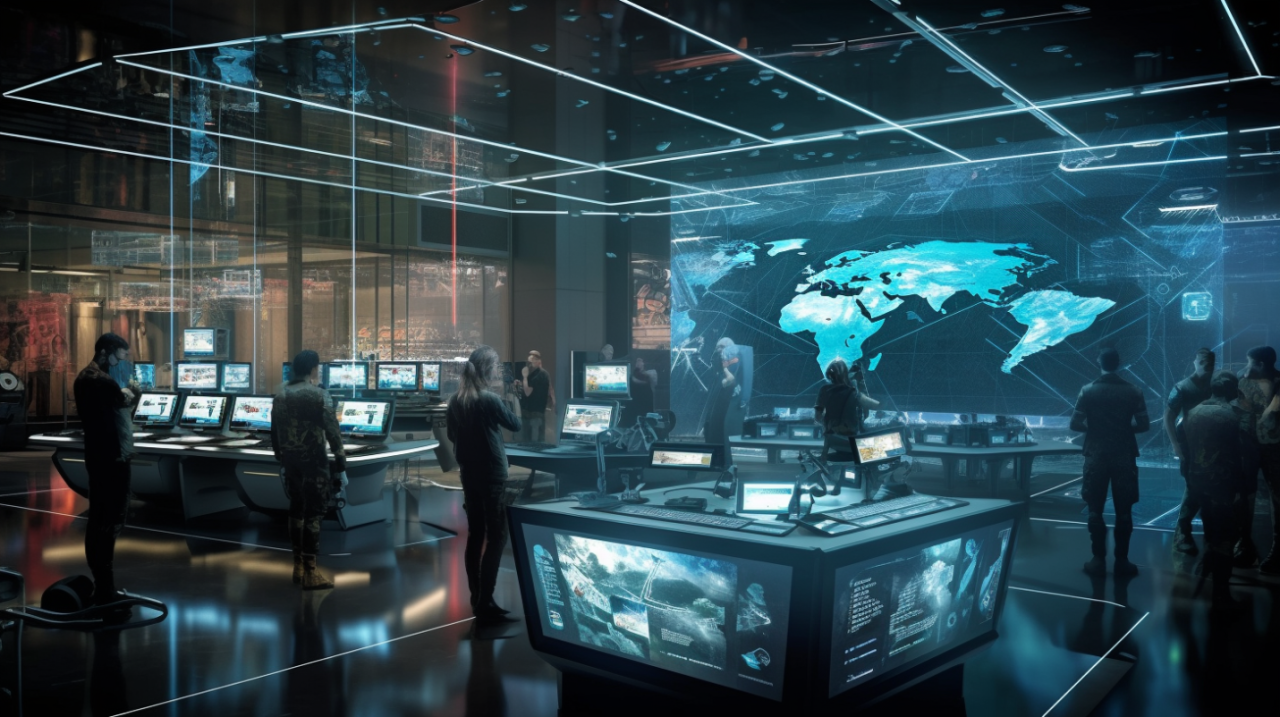
AI
Zaker Adham
07 November 2024
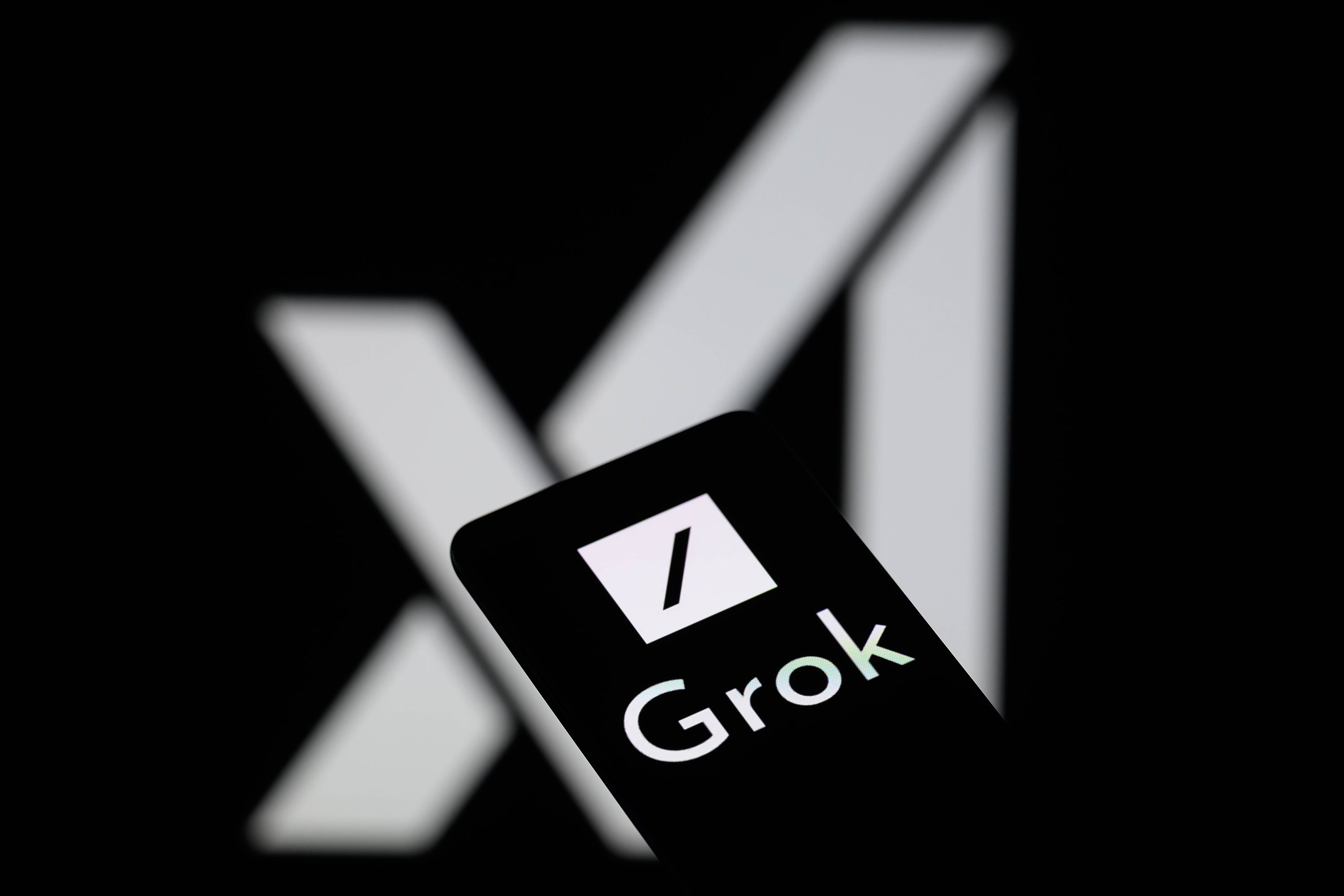
AI
Zaker Adham
06 November 2024